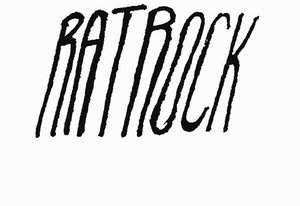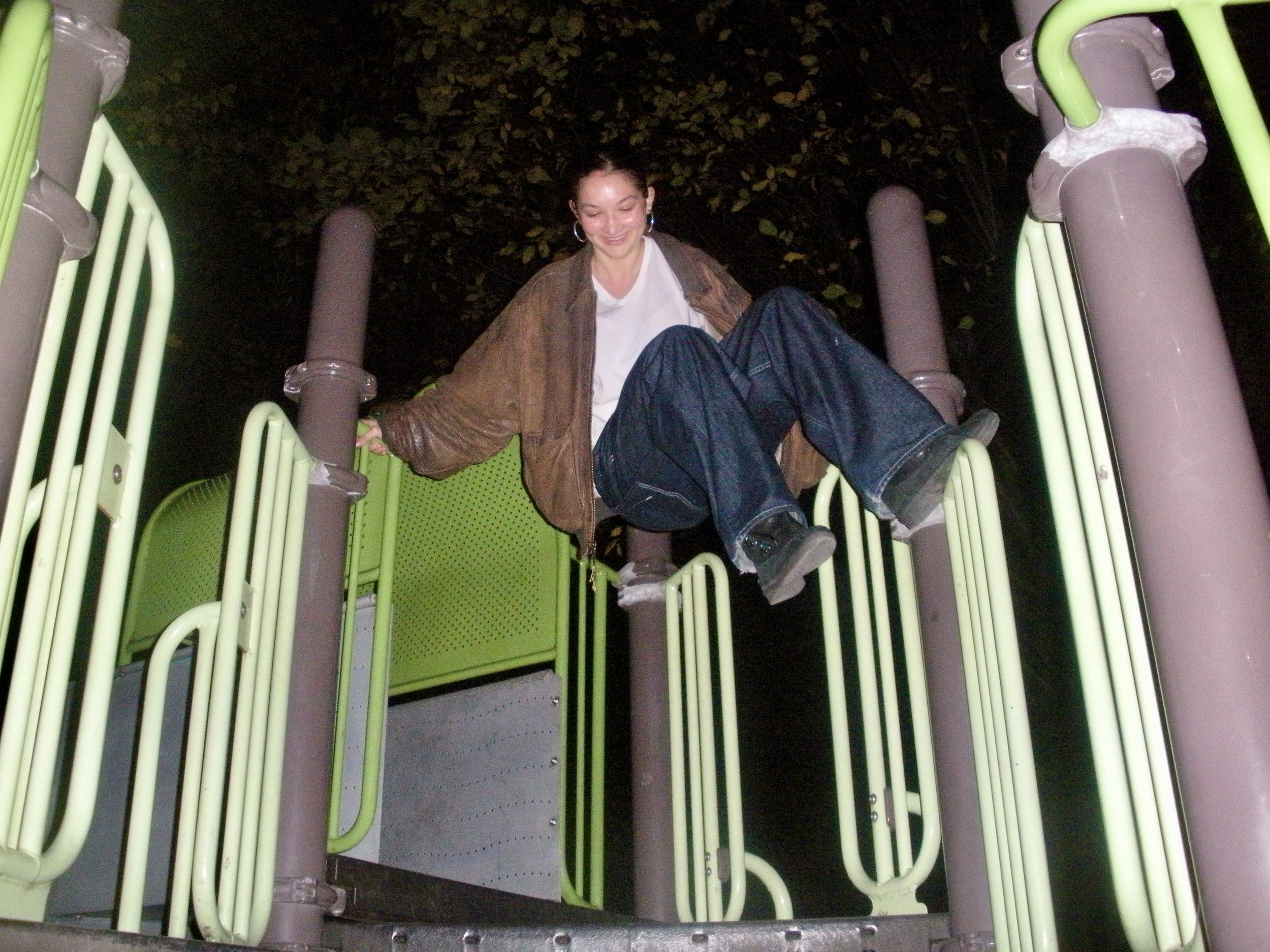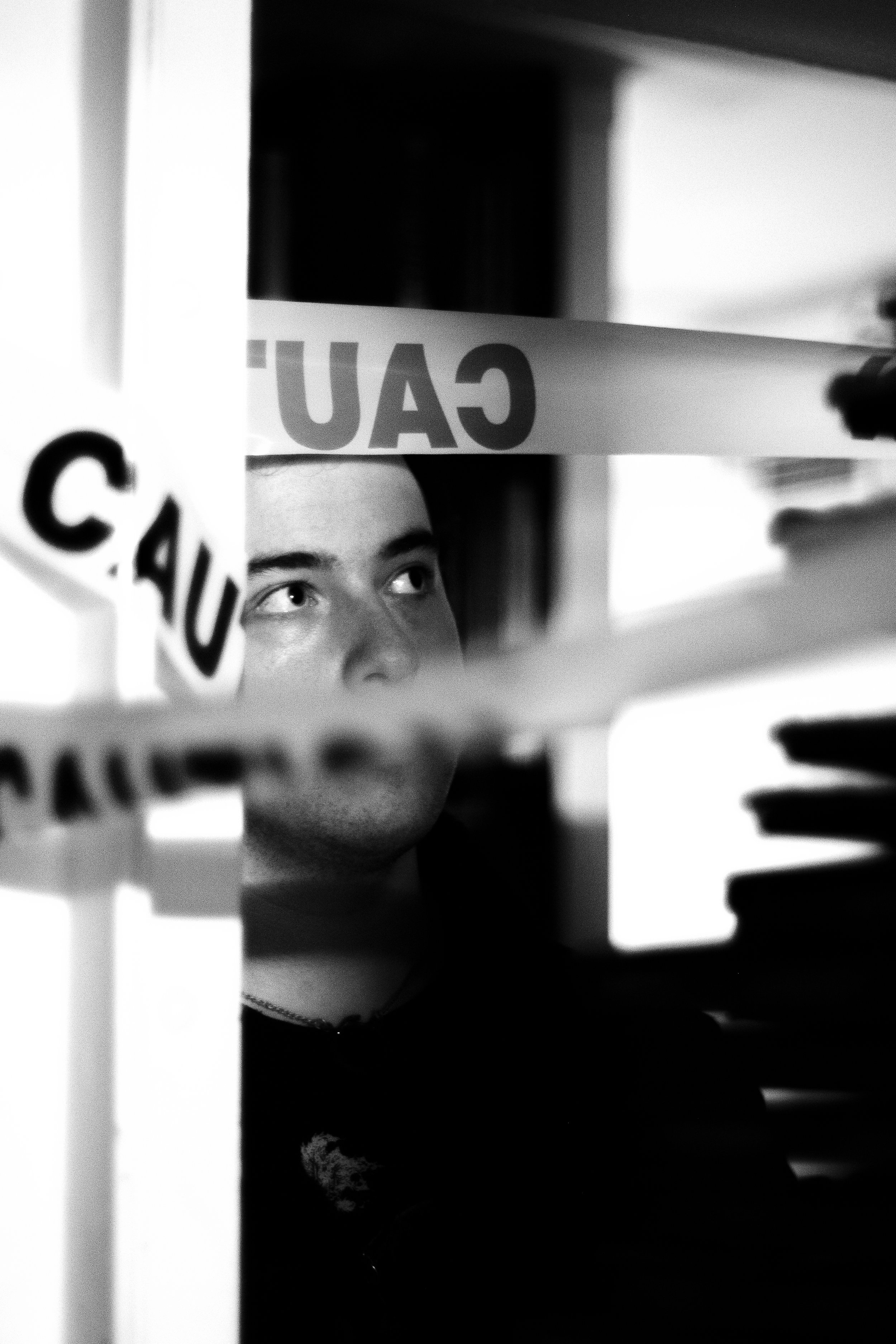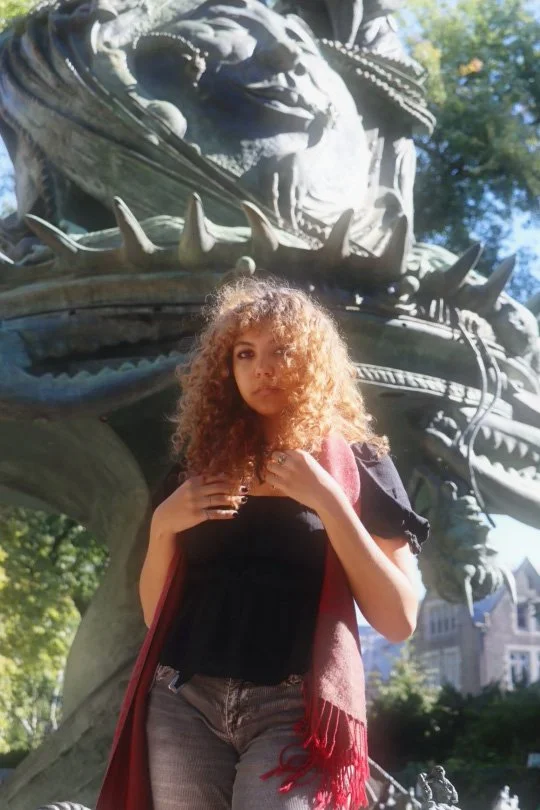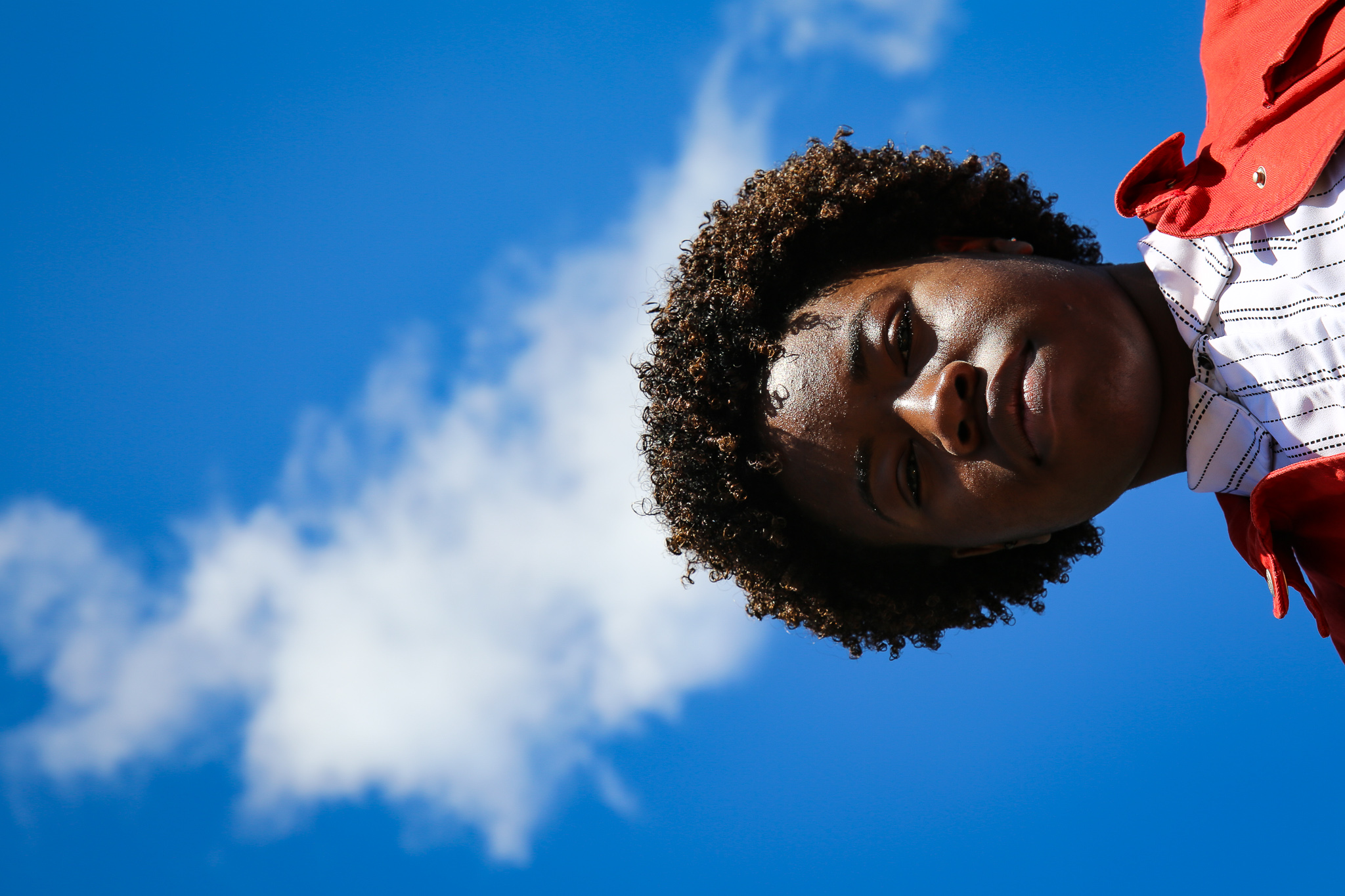
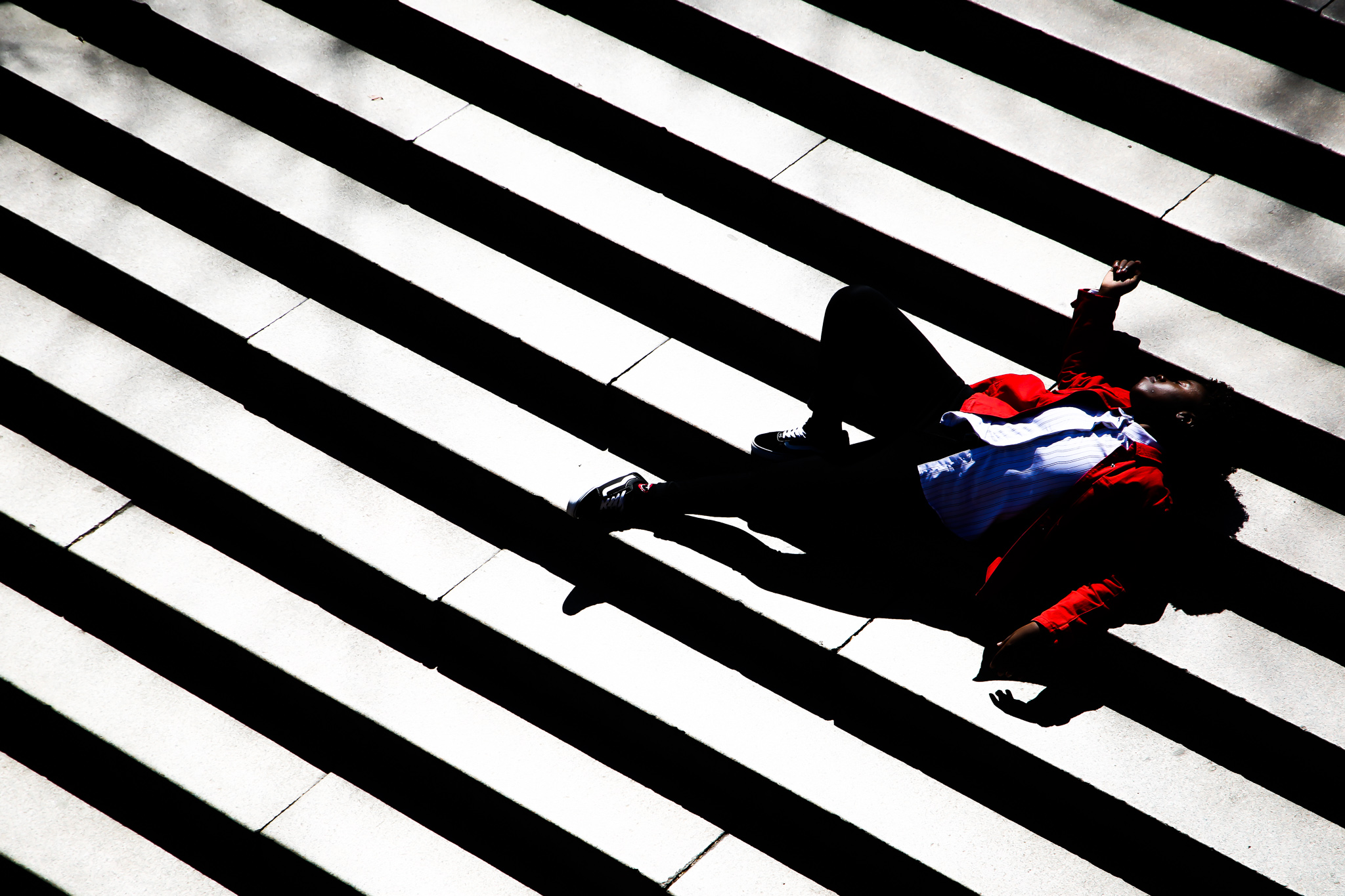
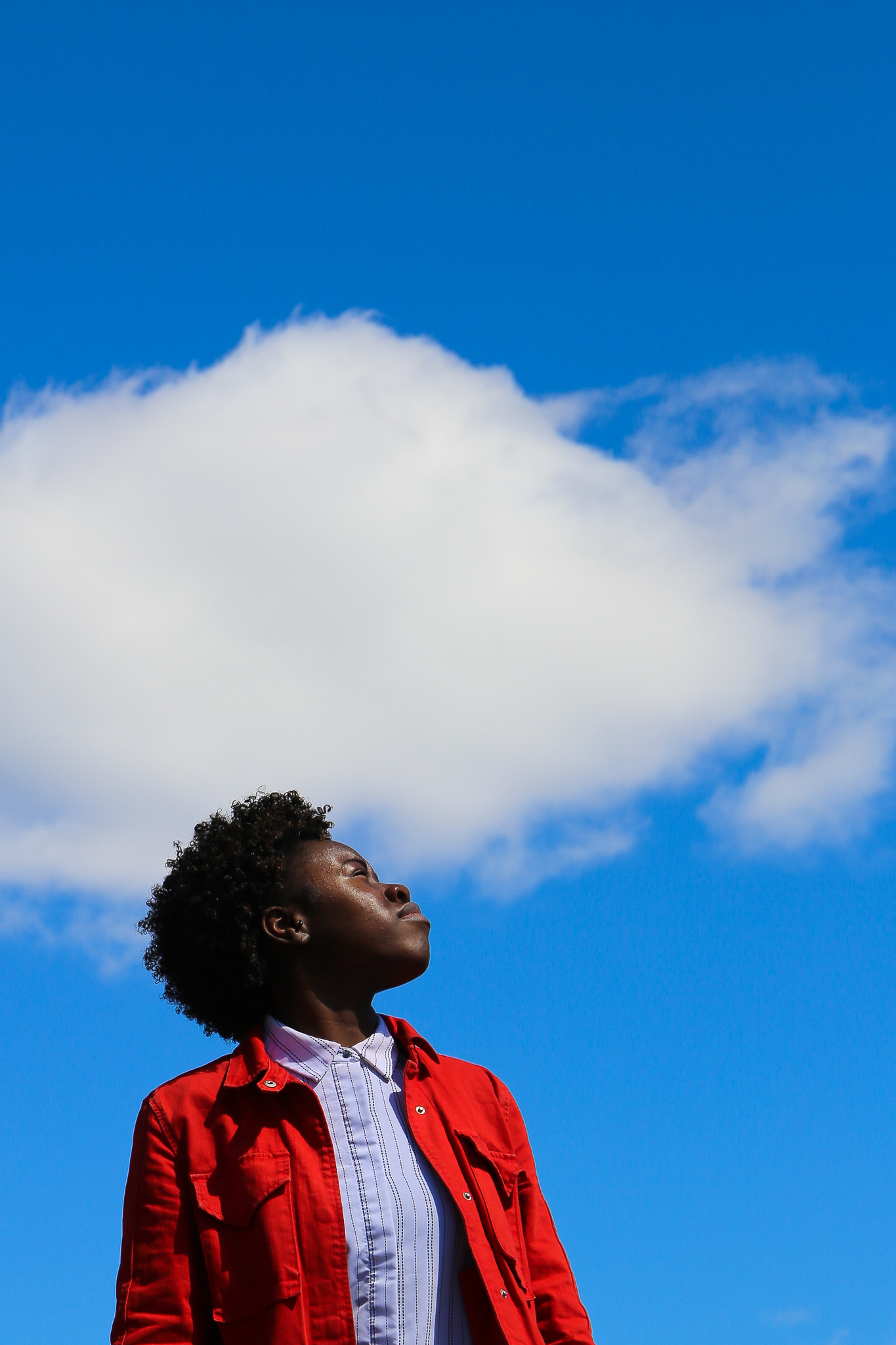
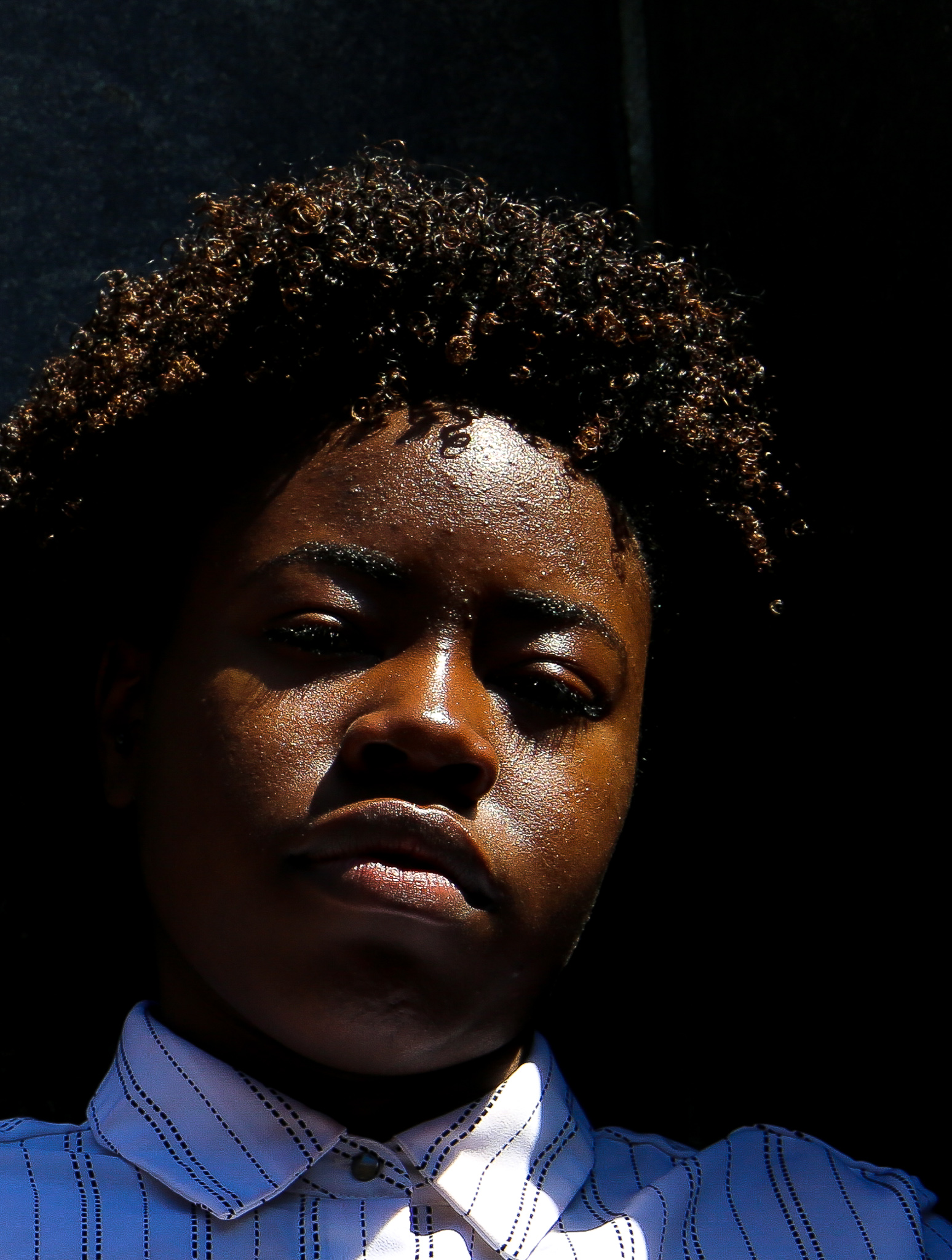

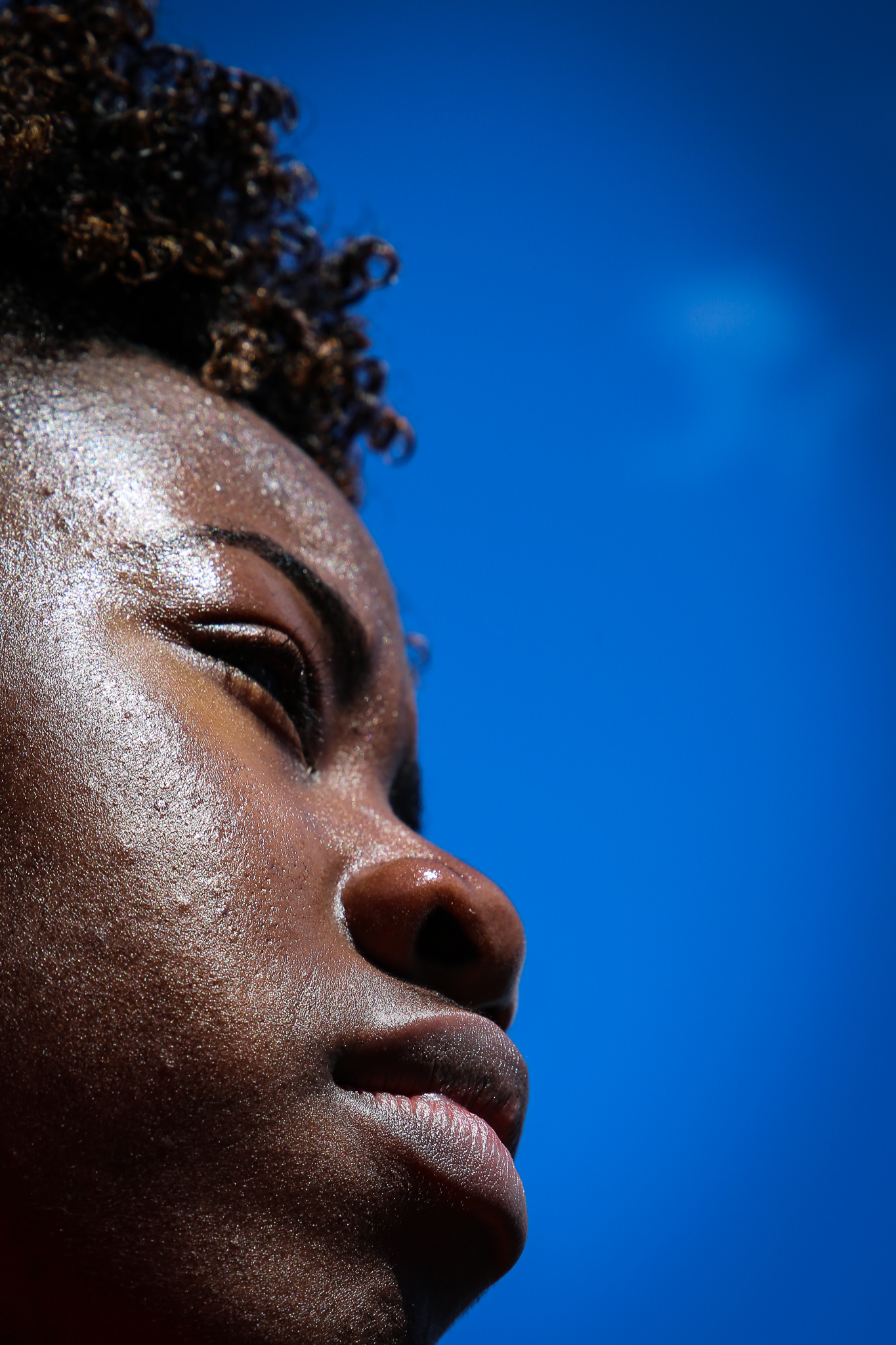
Personal Statement by Jazmin Maco
My work is a negotiation of self - my past self, my present self, my future self. In my poems, I reflect on my experiences and put pen to paper about them. My identity as a black queer woman informs my poetry. My Caribbean heritage is also integral to my work because of the specific tension that I feel between cultures, between places, between selves. Even though I was born in America, I have never identified as African-American because I was raised, surrounded by and steeped in Jamaican culture. My poetry presents a negotiation between what is home, and between what is mine to claim and what isn’t. I use my poems as a way to work through these multiplicities and give myself the space to hear my own voice.
The selection of poems on my Ratrock featured artist page is a collection that I compiled over winter break. I have been writing poetry almost all of my life, but after high school I took a break from writing. I think I was stuck. I kept looking at my past work and doubting myself, reluctant to return to something that had meant so much to me without the support of my high school English teachers or the structure of a class setting. But this past summer, I was living in the city with a lot of time to myself to grow and think and become an independent being. I intentionally kept a little notebook with me, in which I would write down whatever thoughts came to me as I walked through the city. I continued this pattern on my trip back to Jamaica with my family, where I also took a lot of the photos you see on my artist page. This past break, I decided that I wanted to push myself to put my work out there and engage in the creative scene on campus, so I returned to that notebook and used the fragmented thoughts and half poems inside as inspiration to write this new collection. These poems have been born and born again - first, when they were conceived during walks through Central Park, then, when I pieced them together to create full poems, when I sat with them and tweaked lines or scrapped them completely and started anew, and finally, when I shared them with the world.
Though I haven’t given this collection a name, it does have a specific order in which it is meant to be read:
In the Cite of the Body
Witness
Lesson in Living
Frida’s Footprints: Burning
CRACK
Aching by god
What the Women Know
Frieda
The Red Dirt in Our Lungs
Jam-ai-ca
Through these poems, I incorporate various themes that are born out of my identities and experiences. If read in the intended order, you will move from ideas of introspection to memory to trauma to the body to blackness to womanhood to history to death to adolescence to family to home to space and place.
In writing about myself and my past, I make a concerted effort to bear witness to my many selves. As you read my poems, I hope that you can feel my words, that you can feel what I have felt, and that you can be a part of this visceral experience. Beyond this invitation, my poems are very distinctly for me. I am talking to and about myself and my life. By directing the conversation within myself, I am able to own my narrative and access traumatic experiences without feeling like I am on display for everyone. My poems are not for anyone else. They are about me, from me, and I am the one who has the power to invite you to be a part of them. I am proud of this collection because it has taken me a long time to get to a place where I could confront my past traumas within myself, let alone write about them. Through my poems, I see myself and I give myself the space to truly feel and heal. By allowing myself to hear my own voice, I affirm that I am still able to move forward.
My poetry is an exploration of and conversation with my past and present selves. Through my poems, I give myself the space to openly and loudly express the emotions and experiences that typify my everyday. I find influence and inspiration to explore personal conversations of identity, trauma, resilience, and sense of place in the books I read, in the conversations I have with the women in my life, in the places I call home, and in the moments I spend in communion with myself. For me, learning to love, accept, and hold myself has been a journey - a long and hard journey, a journey for which I am forever grateful, a journey without which my poems would not and could not exist. My work is a representation of myself in all of my multiplicities.
